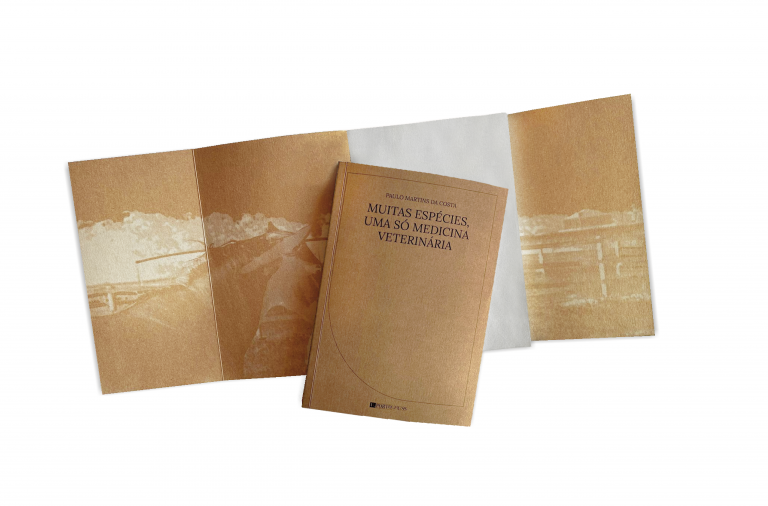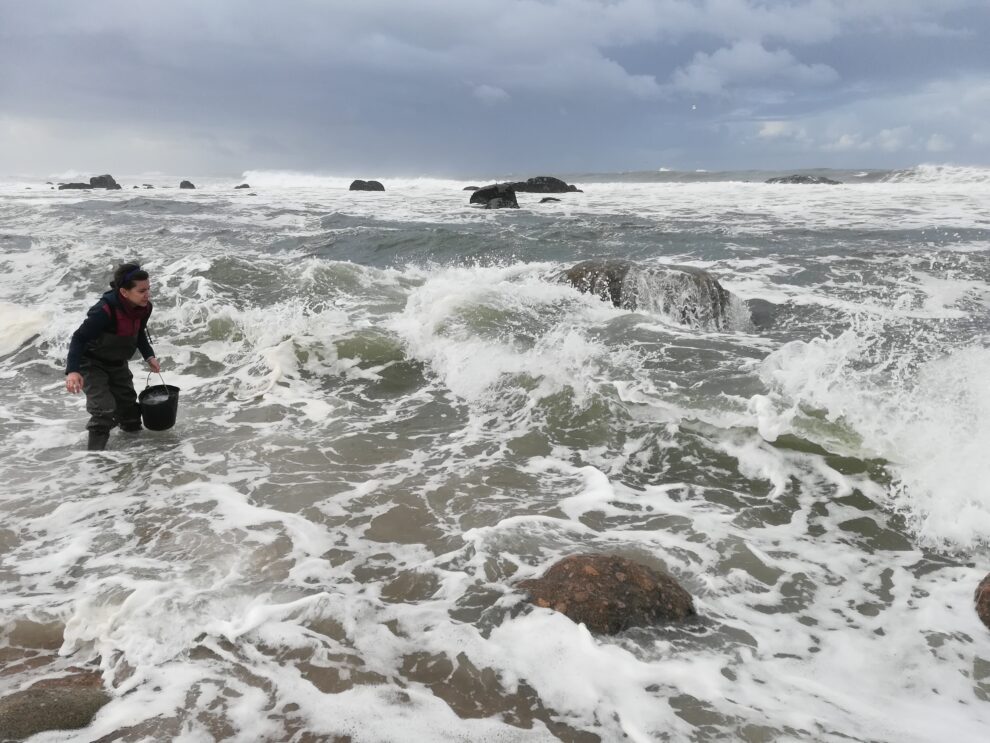A new release by U. Porto Press proposes a reflection on the evolution of veterinary medicine and the relationship between humans and animals.
“What does a veterinarian do?”, “What animal species is he/she dedicated to?”, “How is his/her training structured?” or “Is it a difficult profession?”, reads on the back cover of Many Species, One Veterinary Medicine. This short questionnaire sets the tone for reading one of the most recent editorial novelties of the U.Porto Press, the number four of the Studies and Teaching collection of the publishing office.
“This book reflects, precisely, on the evolution of veterinary medicine and on the evolution of the relationship between humans and animals”, defends Paulo Martins da Costa, professor at the Instituto de Ciências Biomédicas Abel Salazar and author of the publication.
In response to the question about whether Veterinary Medicine is a difficult profession, Paulo Martins da Costa says yes. “A veterinarian needs dedication, knowledge, worldview and a keen ethical sense”, adding that “it is less and less frequent for people to understand (and respect) animals in their essence, tending now to humanize them, now to mechanize them”.
According to the author, the profession is complex, being “at the center of a circle of important animals for man”. These animals fall into several quadrants, being attributed different “human meanings” to them – domestic, wild, experimental, sports, pests, disease vectors, adorable, symbolic, dangerous, faithful…
Read the full article on Notícias UP.




